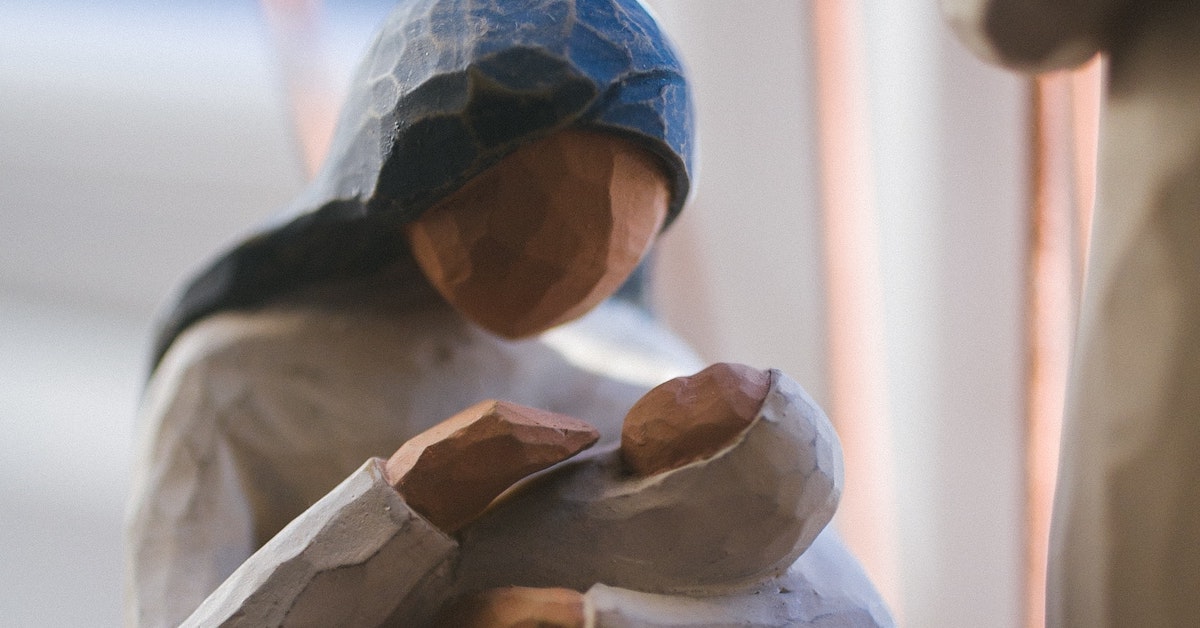
We all have different personalities and personalities. The difference in personality is the tendency of which ego state tends to be expressed more strongly. These differences are identified by focusing on “how a person was raised by his/her parents as a child,” following the psychoanalytic method originated by Freud. The following explanation is based on the diagram of the three ego states.
Harsh to others
Among the P ego states of parents, there are those who are too critical. This type of person is often subjected to harsh discipline and restrictions from parents or those who replace them. Critical P tends to over look the infantile aspects of others.
People who are hard on themselves.
There is a type of person who, when asked by others to do a job, cannot say “I can’t do it,” even though he or she has a lot of work to do, and regrets taking on the task.
Many of these people were strictly disciplined by their parents when they were young, such as “do exactly as you are told” or “be a good girl,” etc. Inside themselves, the critical P is in a state of strong control over the child C. Therefore, from the outside, the obedient C attitude that feels not OK is seen.
The internal dialogue between P and C is necessary for discipline and self-control to some extent, but if the voice of the critical P working on his C is too strict, he is placed in a state of tension and trapped in a feeling of being blamed. This tendency is especially noticeable when unstable feelings are present in the C part.
People with a weak P and only a strong C
It seems that more and more young people have a strong C that gives an OK impression, such as a free and natural C that is bright and innocent, or an obedient C that often does what it is told. However, at times, they may become people who emphasize the opposite attitude of OK, such as “selfishness and self-indulgence” or “lack of consideration for others around them”.
Let’s look at the background of this ego state from the perspective of a “symbiotic relationship.
The symbiotic relationship is based on whether or not the three ego states of P, A, and C are stably established in a person.
Young children have not yet fully developed their P and A ego states. In order to adapt to society, such a child needs to be taught, protected, and nurtured by his or her parent, P, and must also rely on the parent, A, to handle problems based on a proper understanding of the situation and judgment.
If, however, despite the child’s growth, there is no change in the parent’s perspective toward the child, the child’s healthy development will be hindered.
This can be seen in the parent-child relationship, where the parent imposes values on the child while claiming to be there for the child, or interferes excessively out of doting.
コーチング情報局を運営する株式会社コーチビジネス研究所では、企業を対象としたコーチング研修、ビジネスパーソンを対象としたビジネスコーチング、個人の方を対象としたライフコーチングを提供しております。その他、コーチングを学びたい方のためのコーチングスクールの運営、経営者やビジネスリーダー向けにセミナーを開催しています。興味や関心がございましたら、お気軽にご相談・お問い合わせください。
This article was written in Japanese and converted into English using a translation tool. We hope you will forgive us for any inadequacies.
Coach Business Laboratory, Inc., which operates the Coaching Information Bureau, provides coaching training for companies, business coaching for business people, and life coaching for individuals. In addition, we operate a coaching school for those who want to learn coaching and hold seminars for executives and business leaders. If you are interested or have any questions, please feel free to contact us for further information and consultation.


